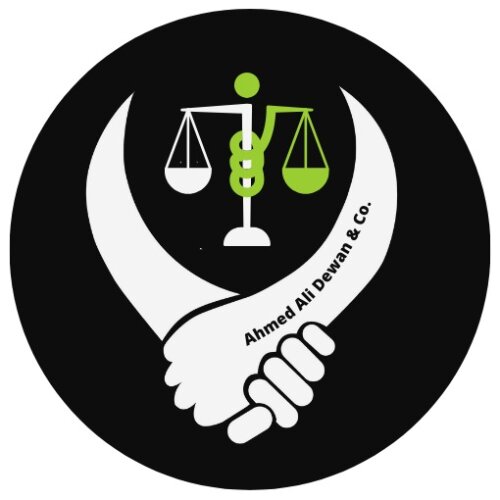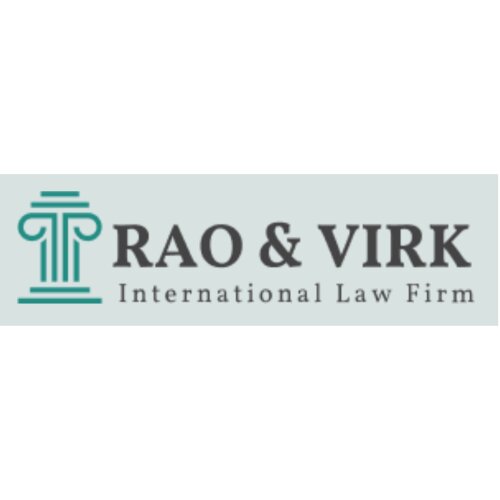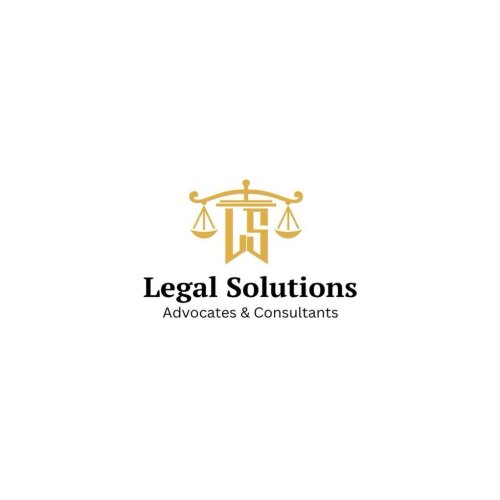Best Communications & Media Law Lawyers in Pakistan
Share your needs with us, get contacted by law firms.
Free. Takes 2 min.
Or refine your search by selecting a city:
List of the best lawyers in Pakistan
About Communications & Media Law in Pakistan
Communications & Media Law in Pakistan encompasses a variety of legal principles and regulations governing the dissemination of content across different media platforms, including television, radio, print, and online media. This area of law addresses issues relating to freedom of speech, privacy, defamation, censorship, intellectual property, and media ownership. The legal framework is influenced by a combination of constitutional mandates, statutory regulations, and case law, aimed at balancing the right to free expression with other societal values and interests.
Why You May Need a Lawyer
Engaging a lawyer may be necessary in several scenarios within the realm of Communications & Media Law. Common situations include defending against allegations of defamation in media publications, navigating regulatory compliance for broadcasting licenses, handling intellectual property disputes, addressing privacy violations, dealing with censorship or restrictions imposed by governmental authorities, and managing content liability issues. Expert legal advice can be crucial in effectively addressing these challenges and ensuring that individual or organization rights are protected.
Local Laws Overview
Key legislation in Pakistan that influences Communications & Media Law includes the Constitution of Pakistan, which guarantees freedom of speech under Article 19, subject to certain restrictions. The Pakistan Electronic Media Regulatory Authority (PEMRA) regulates electronic media, and the Pakistan Telecommunication Authority (PTA) oversees internet services. The Defamation Ordinance 2002 provides legal recourse for defamatory content, while the Pakistan Penal Code addresses obscenity and hate speech. Additionally, the Copyright Ordinance 1962 protects intellectual property rights in media content.
Frequently Asked Questions
What is defamation, and how is it addressed in Pakistani law?
Defamation involves making false statements that damage a person's reputation. In Pakistan, the Defamation Ordinance 2002 provides legal remedies for those affected by defamatory materials, allowing them to seek damages through civil proceedings.
Are there restrictions on freedom of speech in Pakistan?
Yes, freedom of speech is subject to reasonable restrictions under the Constitution of Pakistan to safeguard against issues such as contempt of court, defamation, incitement to an offense, or threats to public order, morality or security.
How does PEMRA regulate media content?
PEMRA issues licenses for electronic media services and sets content standards to ensure that broadcasters adhere to acceptable norms and avoid contravening any laws or spreading harmful content.
What are the legal requirements for setting up a media outlet?
Starting a media outlet requires obtaining appropriate licenses, such as a broadcasting license from PEMRA, compliance with company registration laws, and adherence to content regulations and ethical broadcasting standards.
Can content on the internet be censored in Pakistan?
Yes, the PTA holds authority to block or restrict online content under sections relevant to public order, morality, and national security based on the Prevention of Electronic Crimes Act (PECA) 2016.
What constitutes hate speech under Pakistani law?
Hate speech in Pakistan is defined as any communication that incites violence, creates enmity, or spreads intolerance based on religion, race, ethnicity, or nationality, and is subject to legal action under various laws, including the Pakistan Penal Code.
How are intellectual property rights protected for media content?
Media content is protected under the Copyright Ordinance 1962, which safeguards literary, artistic, and musical works from unauthorized use, offering creators the exclusive right to their work and the ability to seek legal enforcement against infringement.
What legal measures exist to protect privacy in media reporting?
Media outlets must respect individuals' privacy rights, and unauthorized disclosure of personal information can lead to legal proceedings. The Prevention of Electronic Crimes Act (PECA) 2016 also penalizes offenses related to unauthorized data acquisition and breaches of privacy.
Are there specific guidelines for advertisements on media platforms?
Advertisements are regulated under the PEMRA Ordinance, ensuring that content adheres to decency standards and does not promote misleading or harmful messages, with specific guidelines to prevent false advertising.
What role do courts play in Communications & Media Law disputes?
Courts in Pakistan are instrumental in resolving Communications & Media Law disputes, including defamation cases, compliance with regulatory laws, and resolving intellectual property issues, by interpreting and applying relevant laws based on case specifics.
Additional Resources
For further assistance, individuals can seek guidance from organizations such as the Pakistan Bar Council for legal representation, the Pakistan Electronic Media Regulatory Authority (PEMRA) for media regulations, and the Pakistan Telecommunication Authority (PTA) for internet-related queries. Additionally, legal publications and online resources on Pakistani laws can provide valuable insights.
Next Steps
If you require legal assistance in any matter related to Communications & Media Law, it is advisable to consult with a qualified lawyer specializing in this field. They can provide tailored advice, draft necessary legal documents, represent you in legal proceedings, and help ensure compliance with all regulatory requirements. Begin by gathering all relevant information and documentation about your issue to facilitate a comprehensive legal consultation.
Lawzana helps you find the best lawyers and law firms in Pakistan through a curated and pre-screened list of qualified legal professionals. Our platform offers rankings and detailed profiles of attorneys and law firms, allowing you to compare based on practice areas, including Communications & Media Law, experience, and client feedback.
Each profile includes a description of the firm's areas of practice, client reviews, team members and partners, year of establishment, spoken languages, office locations, contact information, social media presence, and any published articles or resources. Most firms on our platform speak English and are experienced in both local and international legal matters.
Get a quote from top-rated law firms in Pakistan — quickly, securely, and without unnecessary hassle.
Disclaimer:
The information provided on this page is for general informational purposes only and does not constitute legal advice. While we strive to ensure the accuracy and relevance of the content, legal information may change over time, and interpretations of the law can vary. You should always consult with a qualified legal professional for advice specific to your situation.
We disclaim all liability for actions taken or not taken based on the content of this page. If you believe any information is incorrect or outdated, please contact us, and we will review and update it where appropriate.
Browse communications & media law law firms by city in Pakistan
Refine your search by selecting a city.

















